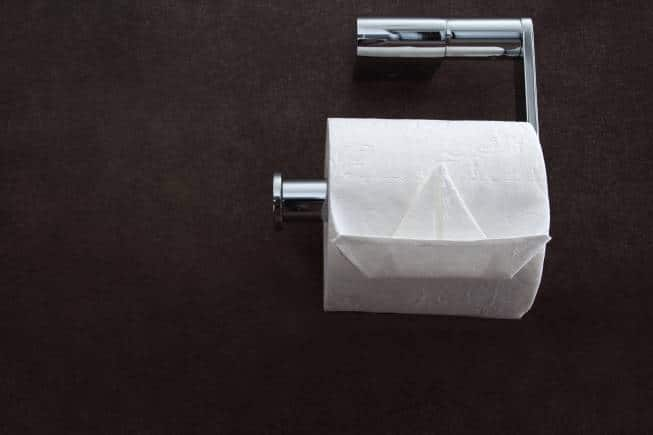



Nocturia, or the need to urinate frequently during the night, can be a sign of underlying health issues, apart from significantly impacting your quality of life. While it is common for many people to wake up once during the night to use the restroom, frequent nighttime urination can disrupt sleep and cause fatigue, irritability, and other health problems.
Why nocturia needs attention?Doctors say nocturia could be because of a number of underlying medical conditions, including diabetes, kidney or bladder problems, prostate issues or even medication side-effects. It is important, therefore, to seek medical evaluation at the earliest, says Dr. Srikanth, Consultant Urologist, Uro-Oncologist, Uro-gynecologist and Robotic Surgeon at AASRA Hospitals, Bengaluru.
Problems Nocturia can lead toNocturia can lead to complications such as dehydration, urinary tract infections, and even kidney damage. It is crucial to identify the cause and get appropriate treatment to manage the symptoms and prevent any potential complications.
Treatment for nocturia will depend on the underlying cause. For example, if the cause is related to an enlarged prostate, medication or surgery may be recommended. If the cause is related to a bladder issue, bladder training exercises or medication may be effective.
Apart from these factors, nocturia can also lead to disrupted sleep patterns, which can result in daytime fatigue, decreased productivity, and an overall decreased quality of life.
 Drinking too much fluid before bed can increase the frequency of urination at night (Image: Pixabay)Take these steps to avoid nocturia
Drinking too much fluid before bed can increase the frequency of urination at night (Image: Pixabay)Take these steps to avoid nocturiaLimit fluid intake before bedtime: Drinking too much fluid before bed can increase the frequency of urination at night. As a general rule, it's best to avoid drinking fluids for two to three hours before going to bed.
Reduce alcohol and caffeine consumption: Alcohol and caffeine are known diuretics, which means they can increase urine production and lead to more frequent urination. Reducing or eliminating your consumption of these substances may help reduce Nocturia symptoms.
Practice double voiding: Double voiding involves emptying your bladder twice during each bathroom visit to ensure that all urine has been expelled. This can help reduce the need to urinate during the night.
Pelvic floor exercises: Strengthening your pelvic floor muscles through exercises such as Kegels can help improve bladder control and reduce the urgency to urinate.
Medications: Certain medications may help reduce Nocturia symptoms by decreasing urine production or improving bladder function. However, it's important to speak with your doctor before taking any medication.
Also, after the age of 50, both men and women can develop nocturnal frequency due to an overactive bladder brought about by bladder outlet obstruction. In women, a narrowing of the urinary meatal opening, and in men an enlarged prostate are a cause, suggests Dr. Rajeev Sood, Director & HOD, Urology & Kidney Transplant Surgery, Marengo Asia Hospital Faridabad.
The condition can be diagnosed by a urine flow test and by an ultrasound examination and can initially be addressed by medication. However, if the medication does not help, a surgical procedure may be required to relieve the obstruction.
Discover the latest Business News, Sensex, and Nifty updates. Obtain Personal Finance insights, tax queries, and expert opinions on Moneycontrol or download the Moneycontrol App to stay updated!
Find the best of Al News in one place, specially curated for you every weekend.
Stay on top of the latest tech trends and biggest startup news.